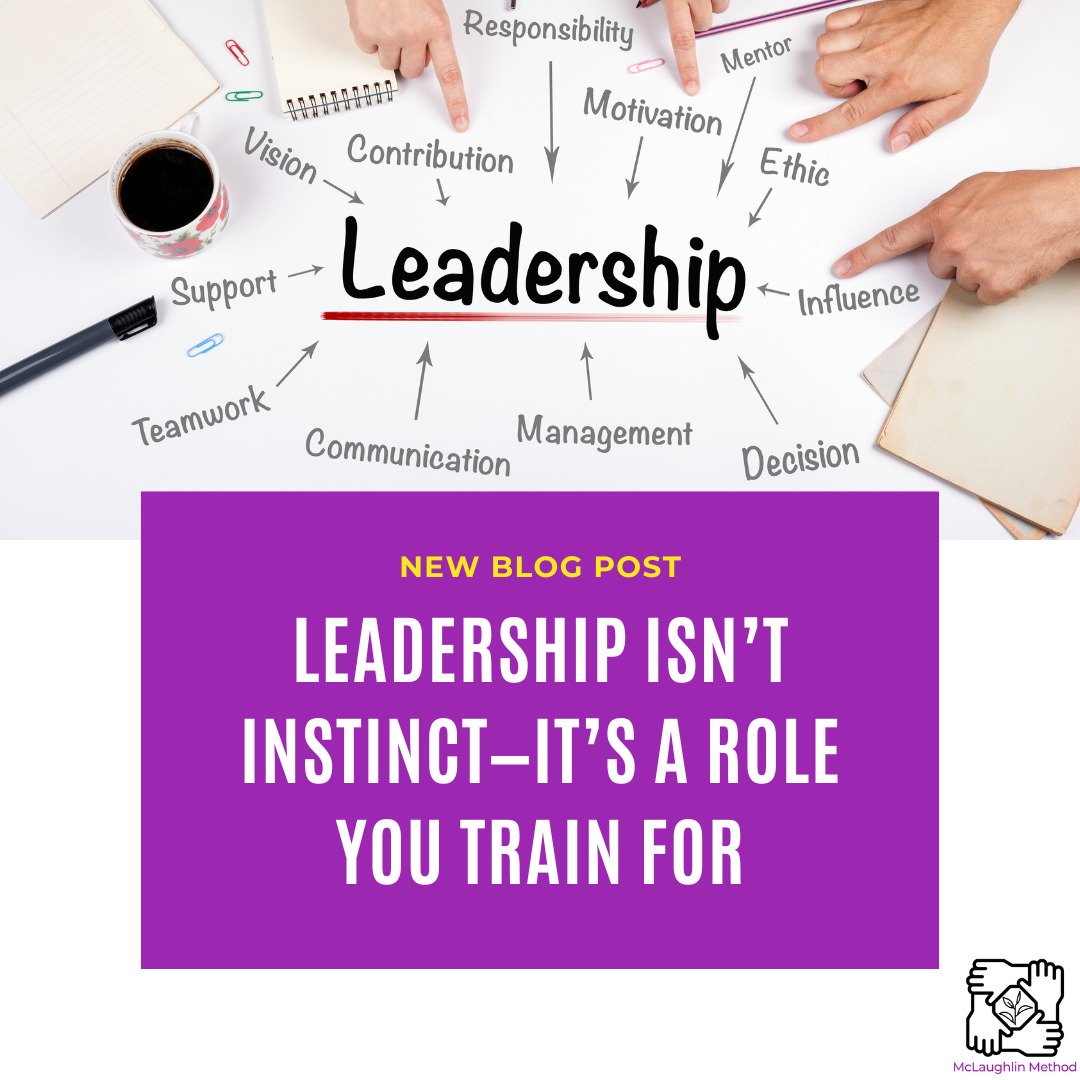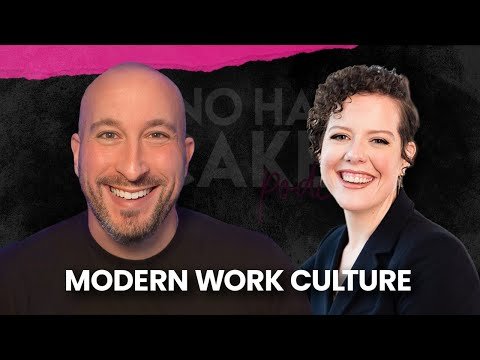Who’s Responsible for Company Culture?
Culture.
It's something that we talk about in our hiring processes to attract prospective hires.
We're frequently asked: "what's the culture like at your company?"
We've worked in companies that have "bad" or "toxic" cultures.
Every founder I know has strong feelings about the culture they want at their company.
And each of those founders believes strongly that they've cracked the code for "building a great culture."
You’re no different.
You can probably list the things that you are doing that make your company culture "good" or "better".
Here's the reality:
Your experience of culture is drastically different than your employee's experience.
And culture can't be defined by a list of events, activities, or programs.
As your company grows, fewer and fewer team members report to you. You are essentially losing control of the company culture experience as you grow and new levels are created in your org structure.
Now, I'm not saying that's immediate cause to rethink your org structure and build a "flat" org.
But we have to face the reality that company culture can't solely be sustained by a single person.
In the early years, culture happens by accident. At least, that's how it seems.
What you're really doing is subconsciously infusing culture into each of your interactions with your team members. It becomes this intangible thing.
Fun fact: culture is always an intangible.
Company culture is experienced and felt by your team members in the day to day moments of completing their work, servicing customers, and working with other team members.
This is the in-between.
It's not in events or all hands meetings. Culture is in the instant messages or emails that you get throughout your day asking: “Hey, where's that thing I needed”. Culture is felt in the way that your work is looked at and critiqued. Culture also shows up in who gets rewarded and recognized and for what behaviors.
Culture is in the moments when a team member sees an error and decides whether or not to speak up, report it, fix it. Culture is in the moments in a meeting when only a select group are involved in making decisions or sharing ideas.
So!
Once your company moves past that pivotal transition between all employees reporting to you, and those levels of org structure, culture starts to change.
Pressures continue to mount as you are adjusting to no longer being in the weeds of every decision, build, or relationship. You’ve got investors and board members putting pressure on you. Let alone that pressure you put on yourself because you’re afraid you’ll lose all you’ve built.
So is culture your responsibility. Yes.
And…
Culture is everyone’s responsibility.
Yep. It might feel like I just put one more thing on your plate.
The truth is — culture has never left your plate — and it never will.
Like it or not, every interaction you have with your team models your expectations for the culture expected and accepted within your company.
And that continues to trickle down into every relationship through your org.
When people leave because of culture, nearly 80% of the time it is because of their boss. The culture that their boss created (or allowed).
Start with you.
What skills do you have that bolster company culture and help your team thrive?
How are you preventing your team from thriving?
What about how are you condoning bad behavior in others by ignoring problems?
How are you coaching your leaders to interact with their teams to create a culture where people do their best work?
We all have work to do — no matter how intentional we are — because our default responses are to command and control. These leadership tactics have been modeled and engrained in our work environments for over a centuries. And we’ll continue to revert to our default responses when under stress.
That’s where coaching and support come in.
You can’t work past your defaults if you don’t know what they are. Then, you need to rehearse the skills you want to use so they become instinctual.
If you’re curious about coaching with me, book a call to talk about next steps.
TAKE ACTION
Like podcasts? Listen to these episodes for more tips from Katie on how leaders impact culture:
Need more help?
“Once you break past your own limited worldview and lens, your awareness changes. Awareness is the first step towards behavior change.”
(c) 2019 - 2024 Katie McLaughlin, McLaughlin Method














